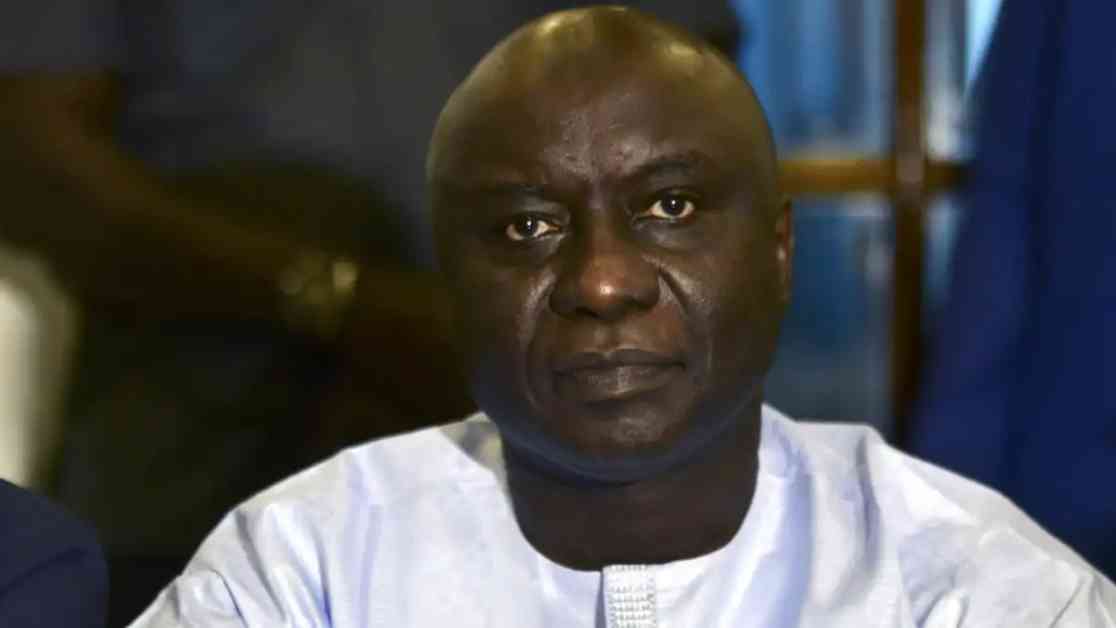In an unexpected turn of events for the Senegalese political landscape, Abdou Salam Mbaye, a prominent figure of the Rewmi party and former coordinator of Djidah Thiaroye Kao, has announced his resignation after twenty years of dedicated activism. This decision comes as a blow to Idrissa Seck, the party leader, and raises questions about the political future of Rewmi.
Abdou Salam Mbaye formalized his resignation in a note where he expressed his gratitude to Idrissa Seck and the members of the Rewmi party. He highlighted the unwavering support he had received throughout his political career and thanked his colleagues for their loyalty. Mbaye cited personal reasons for his decision without going into details.
By leaving Rewmi, Abdou Salam Mbaye is paving the way for new challenges that he is preparing to unveil in the coming days. Political observers are eagerly awaiting details of his future projects, which could influence the Senegalese political landscape. Mbaye’s resignation could also have repercussions on the internal dynamics of the Rewmi party and its relationships with political partners. « Now, I want to write a new chapter, which is why I invite my fellow citizens to a press conference soon, » said the political leader in essence.
This resignation represents a setback for Idrissa Seck, whose party, Rewmi, could lose a key figure and valuable support. Mbaye’s defection comes during a phase of reconstruction for the party after the debacle suffered in the last presidential election. The reaction of Idrissa Seck and his team to this loss will be closely scrutinized as the party strives to maintain its cohesion and prepare for the future.
In the wake of Abdou Salam Mbaye’s resignation, there is speculation about the potential impact on the opposition’s strength and unity in Senegal. With the upcoming local elections on the horizon, the departure of such a prominent party member could shake up the political landscape and influence voter perceptions.
As Idrissa Seck and the Rewmi party navigate this challenging period, they will need to strategize and regroup to ensure they maintain their relevance and appeal to the electorate. The departure of Mbaye underscores the need for effective leadership and a clear vision moving forward, as the party faces both internal and external pressures.
Overall, the resignation of Abdou Salam Mbaye has sent shockwaves through Senegal’s political sphere, highlighting the fragility and complexities of opposition politics in the country. The coming days will be crucial in determining how Rewmi and Idrissa Seck adapt to this setback and chart a course for the future amidst shifting alliances and power dynamics.

